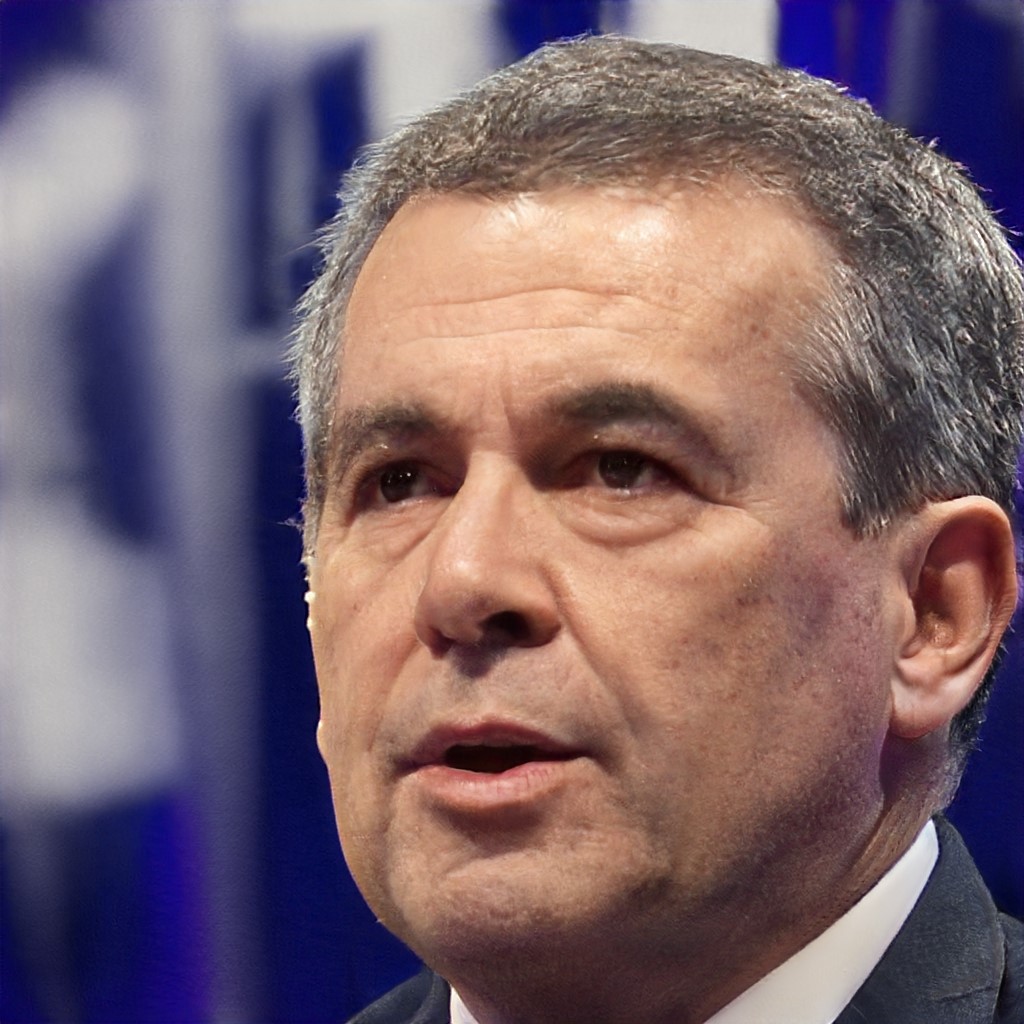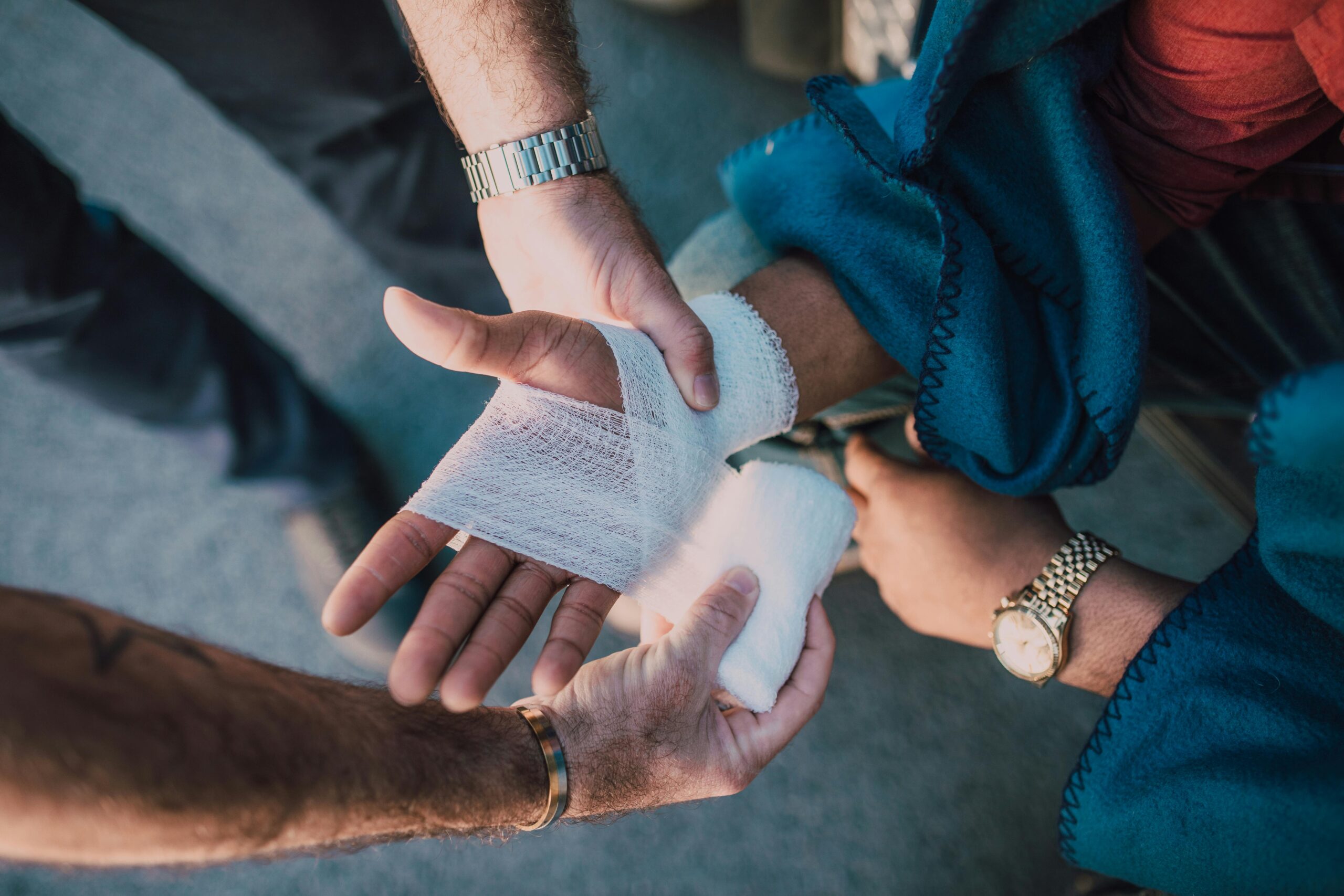Now Reading: One Bad Night, Big Consequences: How a DWI Lawyer Can Help You Get Your Life Back
-
01
One Bad Night, Big Consequences: How a DWI Lawyer Can Help You Get Your Life Back

One Bad Night, Big Consequences: How a DWI Lawyer Can Help You Get Your Life Back
Driving while intoxicated (DWI) is one of those mistakes that can change your life overnight. Whether it’s your first offense or a repeat charge, the consequences of a DWI arrest can ripple through every part of your life, from your career and finances to your reputation and relationships. But here’s the truth: one bad night doesn’t have to define your future. With the right legal representation, you can minimize the damage, protect your rights, and start rebuilding your life.
This article explores the realities of DWI charges, their impact, and how an experienced DWI lawyer can help you navigate the legal system and move forward with confidence.
Understanding DWI Charges and Their Impact
A DWI (Driving While Intoxicated) is a criminal charge issued when a person operates a motor vehicle under the influence of alcohol or drugs. In many states, the legal blood alcohol concentration (BAC) limit is 0.08%, but penalties can apply even below that threshold if impairment is evident.
The Legal and Personal Fallout of a DWI
A DWI arrest doesn’t just end with a ticket; it triggers a series of legal, administrative, and social consequences, including:
- Driver’s License Suspension: Most states automatically suspend your license after a DWI arrest, even before conviction.
- Fines and Legal Fees: Court costs, fines, and potential restitution can add up to thousands of dollars.
- Increased Insurance Premiums: A DWI conviction often leads to skyrocketing insurance rates or policy cancellations.
- Criminal Record: A conviction becomes a permanent record, visible to employers, landlords, and schools.
- Employment Impact: Many employers view DWI convictions as a sign of irresponsibility or risk, which can cost you your job or future opportunities.
Emotional and Social Consequences
Beyond the legal ramifications, DWI charges take a heavy emotional toll. Guilt, embarrassment, and fear of judgment from peers or family can lead to anxiety and isolation. For many, this period becomes a turning point, a moment to reflect and seek redemption.
The Crucial Role of a DWI Lawyer
When you’re facing DWI charges, you’re not just fighting a traffic ticket; you’re defending your freedom, financial stability, and future. That’s why hiring a skilled Albany DWI Lawyer is one of the most important decisions you can make after an arrest.
A DWI lawyer understands both the criminal defense and procedural aspects of your case. They can analyze police reports, question evidence, and ensure your constitutional rights are protected throughout the process.
How a DWI Lawyer Can Help You Rebuild Your Life
1. Challenging the Legality of the Stop
The first step in any DWI defense is determining whether the police had a valid reason to stop your vehicle. If the stop lacked probable cause or was based on an unlawful checkpoint, your attorney can file a motion to suppress the evidence, potentially resulting in a case dismissal.
2. Evaluating Field Sobriety and Breath Test Results
Field sobriety tests and breathalyzers aren’t foolproof. A seasoned lawyer can question the officer’s training, testing conditions, or the calibration of the breathalyzer device. Medical conditions or environmental factors might also have affected your results.
3. Negotiating for Reduced Charges or Penalties
Not every DWI case ends in trial. Often, a lawyer can negotiate a plea deal that reduces the charge to a lesser offense, such as reckless driving, or secures alternative sentencing like community service or alcohol education programs instead of jail time.
4. Protecting Your Driving Privileges
Losing your license can be devastating, especially if you rely on your car for work or family needs. Your attorney can represent you in administrative license hearings and argue for restricted or conditional driving privileges while your case is pending.
5. Representing You in Court
If your case goes to trial, your lawyer will present evidence, question witnesses, and argue your defense before the judge or jury. Their goal is to create reasonable doubt or demonstrate mitigating factors that warrant leniency.
6. Guiding You Toward Rehabilitation and Recovery
A compassionate DWI attorney doesn’t just handle your legal issues they also help you find resources to address any underlying substance use problems. Participation in alcohol counseling or rehabilitation programs can demonstrate responsibility and may even influence the court’s decision in your favor.
Key Strategies Used by DWI Lawyers
Investigating Police Procedures
Law enforcement officers must follow strict protocols during traffic stops, testing, and arrests. Any deviation, such as improper calibration of devices, failure to read Miranda rights, or lack of probable cause, can make the evidence inadmissible.
Reviewing Bodycam and Dashcam Footage
Video evidence can reveal inconsistencies between the officer’s written report and actual events. A DWI lawyer scrutinizes these recordings to identify procedural errors or rights violations.
Consulting Expert Witnesses
Attorneys often collaborate with toxicologists, medical professionals, or accident reconstruction experts to challenge prosecution evidence. For instance, a toxicologist might testify that your BAC level rose after driving due to delayed alcohol absorption.
Identifying Alternative Explanations
Factors such as fatigue, allergies, or medical conditions like diabetes can mimic signs of intoxication (e.g., slurred speech, unsteady balance). An experienced lawyer knows how to use these facts effectively in court.
The Road to Recovery After a DWI
Taking Accountability
The first step toward recovery is accepting responsibility for your actions. Even if your DWI charge was unjust or mishandled, reflecting on what led to the event can help you grow personally and emotionally.
Rebuilding Trust
A DWI can damage relationships, especially with family and friends. Showing initiative, such as attending counseling, volunteering, or supporting community initiatives, can help rebuild lost trust.
Focusing on Education and Prevention
Participating in defensive driving courses or alcohol awareness programs not only benefits your case but also helps prevent future incidents. Courts often look favorably on individuals who proactively seek self-improvement.
Financial Recovery
The financial impact of a DWI can be steep, including fines, towing fees, ignition interlock costs, and increased insurance premiums. A DWI lawyer can sometimes negotiate payment plans or reduced penalties, helping you regain financial stability faster.
When a DWI Becomes a Felony
The Difference Between Misdemeanor and Felony DWI
While most first-time DWIs are misdemeanors, certain factors can escalate the charge to a felony, such as:
- Multiple prior DWI convictions
- Causing injury or death
- Having a child passenger in the vehicle
- Driving with an extremely high BAC (usually 0.16% or higher)
Felony DWIs carry harsher penalties, longer jail time, larger fines, and longer license suspensions. They can also affect your right to vote, own firearms, or obtain professional licenses.
How a Lawyer Fights Felony DWI Charges
A defense attorney can work to downgrade the charge or mitigate sentencing by proving lack of intent, contesting evidence, or demonstrating rehabilitation efforts.
The Long-Term Benefits of Hiring a DWI Lawyer
Having a professional by your side offers more than just legal defense it offers peace of mind and the opportunity to regain control over your future.
Protection from Permanent Record Damage
A lawyer can help you explore expungement or record-sealing options, allowing you to move forward without a lasting criminal record haunting background checks.
Restoration of Rights and Privileges
After completing your sentence or probation, your attorney can assist with license reinstatement and guide you through the process of restoring other civil rights.
Career and Reputation Management
Some lawyers collaborate with career counselors or PR specialists to help clients recover professionally. Clearing your record or framing your experience as a learning opportunity can reduce stigma in job applications.
Preventing Future Incidents
Designate a Sober Driver
The simplest prevention strategy is designating a sober friend or using rideshare services like Uber or Lyft when drinking.
Understand Your Limits
Everyone’s tolerance to alcohol is different. Tracking your intake and pacing your drinks can prevent accidental overconsumption.
Plan Ahead
Before heading out for social events, plan your transportation and set reminders for hydration or meal times, both of which can affect alcohol absorption.
The Role of a Criminal Defense Lawyer
In many DWI cases, defense attorneys use strategies similar to those of a criminal defense lawyer. They focus on protecting your constitutional rights, ensuring due process, and challenging improper procedures or evidence.
A well-prepared DWI lawyer combines legal strategy with compassion, helping you navigate the system while also supporting your path toward rehabilitation and recovery.
Moving Forward After a DWI
Getting charged with a DWI is undoubtedly one of the most stressful experiences anyone can face. But it’s not the end of your story. With proper legal guidance, personal accountability, and determination, you can turn the experience into a catalyst for change.
A skilled DWI lawyer doesn’t just fight for your freedom; they help you rebuild your confidence, restore your reputation, and move toward a better, more responsible future.
Final Thoughts
Everyone makes mistakes, but it’s how you respond that defines your future. If you’re facing DWI charges, don’t navigate the process alone. A trusted DWI lawyer can be the difference between a permanent setback and a second chance. With their guidance, you can take control of your life again and ensure that one bad night doesn’t determine the rest of your journey.
About the author: Mark Scott
With a law degree under his belt, Mark Scott understood very early that law communication was a relatively neglected area. He decided to help people by “translating” the language and offering information and advice in a clear, useful, and actionable manner. For this reason, instead of finding him in court, you will most likely find his name online, where he is very active and thriving as a legal columnist. His part of making the world a better place is to make the law a less convoluted maze. He aims to make it easier for people to understand when and how to seek legal counsel, how to proceed in a significant number of legal matters, and to find the proper resources so they can stand up for their rights.











